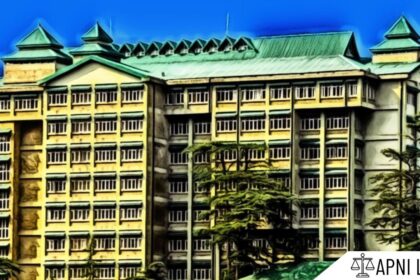Code
When an act is abetted with the intention on the part of the abettor of causing a particular effect, and an act for which the abettor is liable in consequence of the abetment, causes a different effect from that intended by the abettor, the abettor is liable for the effect caused, in the same manner and to the same extent as if he had abetted the act with the intention of causing that effect, provided he knew that the act abetted was likely to cause that effect.
Illustration
A instigates B to cause grievous hurt to Z. B, in consequence of the instigation, causes grievous hurt to Z. Z dies in consequence. Here, if A knew that the grievous hurt abetted was likely to cause death, A is liable to be punished with the punishment provided for murder.
Explanation: IPC Section 113
This section deals with the liability of an abettor for unintended consequences of the abetted offense. It essentially means that an individual who instigates or encourages another to commit a crime can be held accountable not only for the intended crime but also for any foreseeable consequences that result from the abetted act, even if they didn’t specifically intend those consequences.
For example, if someone abets another to commit theft and during the course of the theft, the abetted person accidentally kills the victim, the abettor can still be held liable for the murder, even if they didn’t intend for the victim to be killed.
Illustration
Imagine A convinces B to steal a car. A knows that B is a reckless driver and has a history of accidents. While stealing the car, B accidentally hits and kills a pedestrian. Even though A did not intend for B to kill anyone, A can still be held liable for the murder because the death was a probable consequence of the abetted act (theft) and A knew of B’s recklessness.
Common Questions and Answers
Q: What does ‘probable consequence’ mean?
A: This refers to any consequence that is reasonably foreseeable by the abettor, considering the nature of the abetted act and the circumstances surrounding it.
Q: Can the abettor be held liable if the consequence was completely unforeseeable?
A: Generally, no. If the consequence was completely out of the ordinary and not something the abettor could have reasonably anticipated, they may not be held liable for it.
Q: What if the abettor explicitly told the perpetrator not to harm anyone?
A: This may be considered as evidence in the abettor’s favor, but it doesn’t necessarily absolve them from liability. The court will still consider whether the unintended consequence was a probable result of the abetted act.










